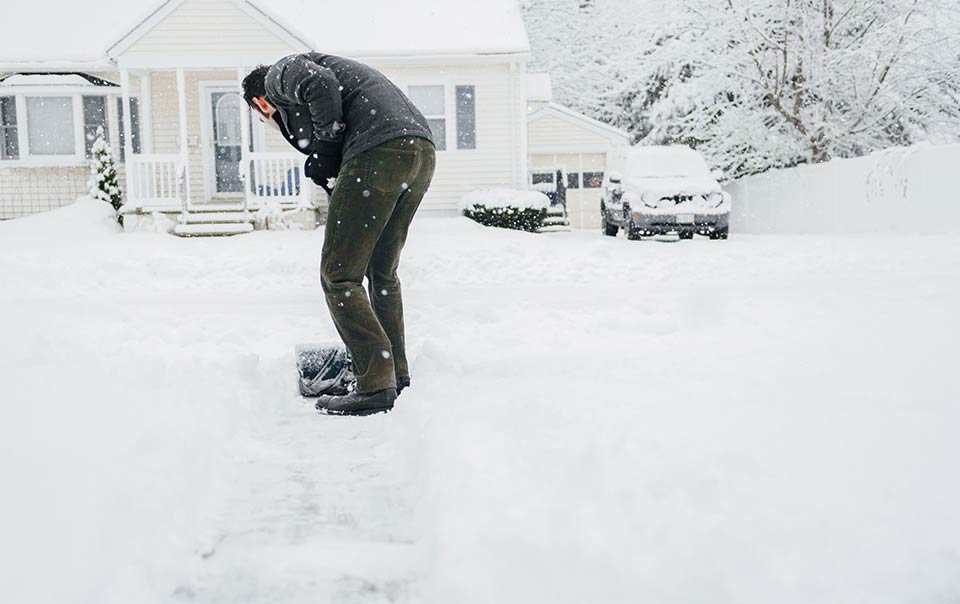A study performed in Canada revealed that shoveling snow was likely to increase the risk of suffering a heart attack in men.
Researchers employed data from 1981 up to 2014 and took into account 128,073 hospital admissions that occurred in Quebec during the years’ most snowy weeks. The analyzed period comprehended the 6 months between November and April. According to the Canadian Medical Association, 60 percent of hospital admissions in such period including deaths were due to heart attacks in men.

Take it easy when shoveling snow
The admissions and deaths appeared to become more frequent the day after snow fell, accounting for a third of all cases, including those with the highest probability of becoming a fatal episode. Admissions of this kind were reduced for the following days after the first snowfall.
Although there appears to be a clear correlation between the risk of suffering a heart attack and the strenuous physical effort to clear large amounts of snow, researchers informed that the age of the person was not taken into consideration, just like the risk of suffering heart disease or other health conditions that could become fatal. There was also no correlation between snowfall and heart attack risk in women.
“To have the conclusion that women are not at risk for snow shoveling and that we would actually say that all the men should stay home and not shovel and have the women go out would actually be a dangerous conclusion,” stated lead author Dr. Brian Potter.
Doctors pointed out that it is true that shoveling now can be physically demanding, and even using a snow blower does not sufficiently reduce the effort that the person has to apply for such task.
The intention was to determine whether low temperatures had anything to do with a higher risk of suffering a heart attack, but it seems that snowfall is a way more determinant factor.
It is now suggested that men older than 50 years of age and who are at risk of suffering from heart disease should refrain from shoveling snow. Paramedics advise that shoveling as soon as the snow falls is better since fresh snow is significantly lighter when compared to snow that has lingered for days.
Whenever there is a painful sensation in the arms or chest, it is time to rest. If there is a feeling of pressure or squeezing in the chest, or a shortness of breath, sweating, or nausea, it is best to call an ambulance as soon as possible.
People should also be aware at all times of the risk factors regarding heart disease, especially those who take part in spontaneous physically demanding activities without incurring in a healthy lifestyle.
What’s more is that previous studies suggest that heavy snowfalls make people less likely to seek urgent medical care. It all goes to show that snowy days should be taken quickly and without too much physical strain.
Researchers suggest that the government may take into account the results to organize a better pattern of snow clearing operatives.
Source: CBC/Radio-Canada
